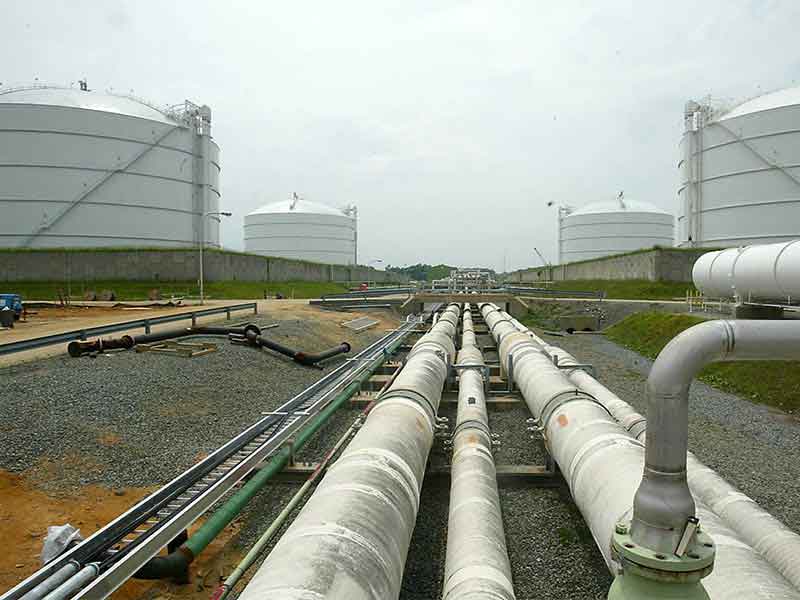Invites bids for 230-km corridor; Project to save crores, cut tanker traffic and carbon emission
Srinagar, Sep 12 :
In a significant development, the Petroleum and Natural Gas Regulatory Board (PNGRB) has initiated the process for laying a petroleum and petroleum products (LPG) pipeline to Jammu & Kashmir.
As part of its ambitious plan to expand the LPG pipeline network to the region, PNGRB has proposed a 230-kilometre-long LPG pipeline from Jalandhar (Punjab) to Jammu (Jammu & Kashmir).
To begin with, PNGRB has invited bids for the authorization of a petroleum and petroleum products (LPG) pipeline connecting Jalandhar in Punjab to Jammu in Jammu & Kashmir.
Documents accessed news agency—Kashmir News Observer (KNO) reveal that the proposed pipeline is designed to operate with a minimum system capacity of 0.30 million metric tonnes per annum (MMTPA) from its first year of operation and throughout its economic life.
According to the documents, the development of a common carrier petroleum and petroleum product (LPG) pipeline is essential to ensure a reliable, safe, and competitive supply of LPG from the existing Panipat-Jalandhar LPG Pipeline (PJPL). The project aims to connect bottling plants in Jammu’s hinterland, thereby reducing road tanker traffic and alleviating congestion issues originating from Jalandhar and beyond to meet regional demand.
PNGRB initiated a suo motu proposal for the development of the Jalandhar-Jammu LPG pipeline to cater to the LPG requirements of bottling plants in the region.
“After completing the public consultation process and holding discussions with entities and stakeholders during the Open House, PNGRB has decided to invite online Application-cum-Bid for authorization of the Petroleum Product LPG pipeline to be developed from Jalandhar to Jammu, spanning approximately 230 km with a minimum system capacity of 0.30 MMTPA, including common carrier capacity throughout its economic life,” the documents state.
An analysis of the project by Deloitte estimates that the pipeline will generate savings of Rs 231 crore , eliminate 0.4 million road tanker trips, and reduce carbon emissions by 0.42 million tonnes.
The study further reveals that the pipeline project would require an expenditure of Rs 830 crore—(KNO)

